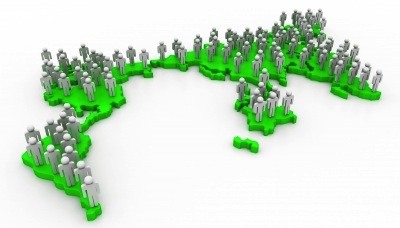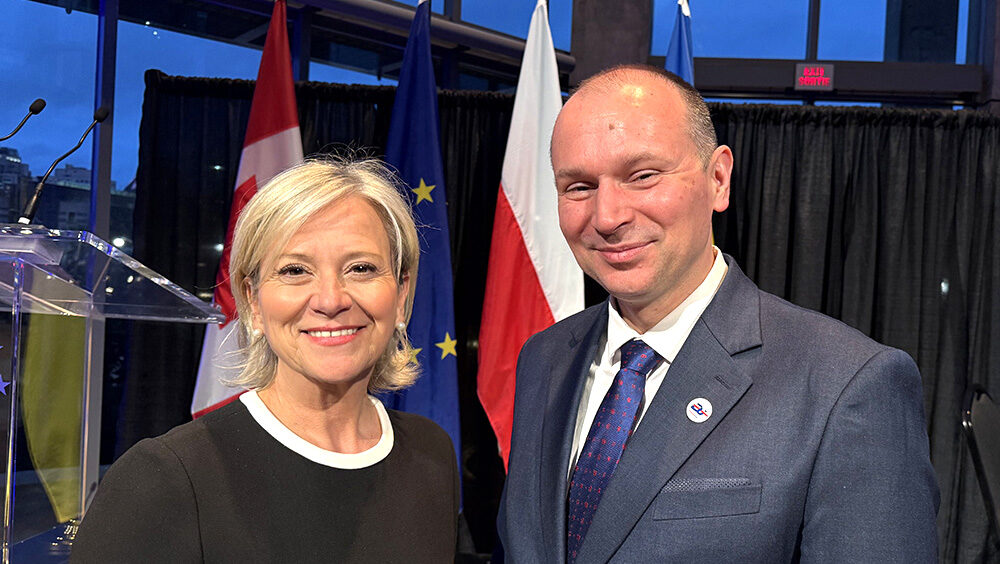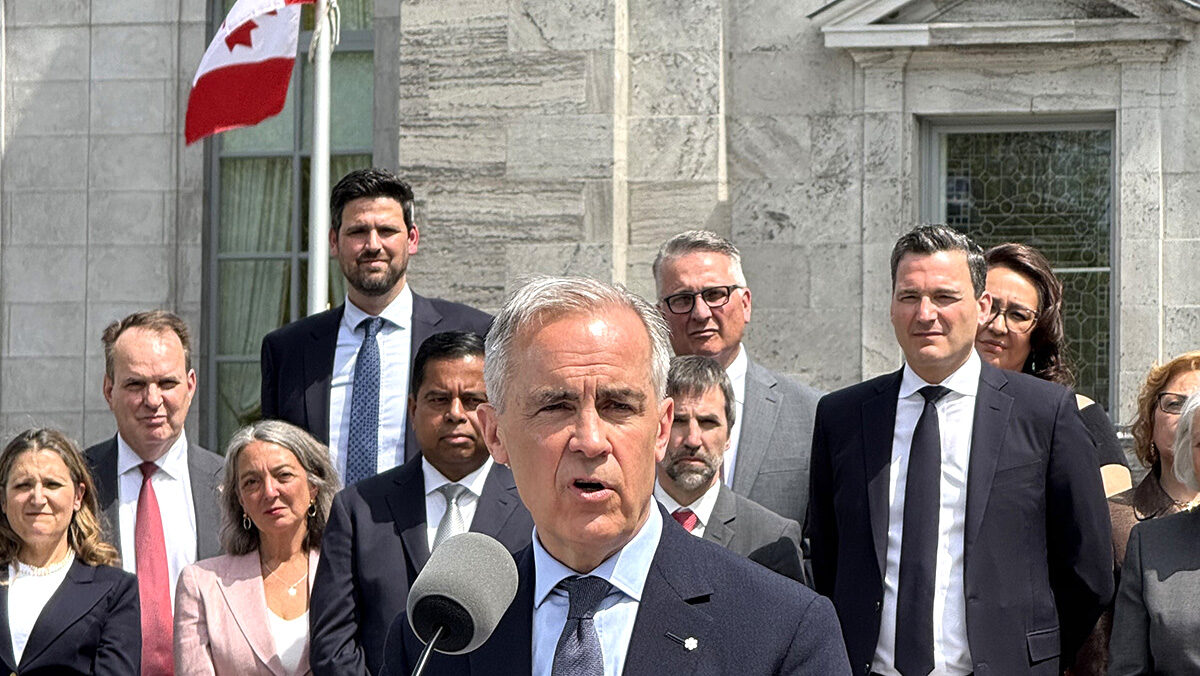In 1968, the world's population was 3.6 billion. An annual growth of just over 2% means that the population increased by about 75 million people that year. Now, in late October, 2011, we are on the verge of reaching 7.0 billion souls. The present growth rate of 1.1% means about 77 million additional people will be added to the world this year.
Wow! Real population growth, that is, the increase in actual living, breathing, consuming humans, is virtually the same today as it was in 1968, over four decades ago. So much for the myth that human population growth is slowing down.
Another set of frequently quoted statistics is that in the 1950s women bore approximately 5 children each, while today that number stands at 2.5 children per woman. This sounds like a huge decrease. But it's not. Although the birth rate has halved, the number of women has doubled. One cancels the other so that we're still producing the same number of children. Dealing with percentages rather than actual numbers hides the disturbing fact that global population growth hasn't slowed at all. It is still increasing at a robust level — about 75 million per year — just as it has since 1968.
Let's delve deeper. Since about 1950 we have witnessed incredible prosperity. Every generation has had a better, richer lifestyle than their parents. The GDP, number of cars per family, home size and electronic gadgets have all increased significantly during this golden era of human civilization. To provide the improving quality of life, each generation requires more oil to be drilled, more forests to be cleared, more aquifers to be drained than for the preceding generation. Although the increase in number of humans was about the same in 1968 as in 2011, the cohort of 2011 uses far more resources, they have a larger ecofootprint, a larger environmental impact. And that's what counts.
Human society is at the brink. We need to deal with immense global problems such as approaching peak oil, diminishing fish stocks in oceans, loss of good agricultural lands, global warming, oceanic pollution and much more. A central cause of every one of these difficulties is human population, which continues to grow at an alarming rate.
We must not believe the myth that population growth is slowing, nor let it lull us into complacency. There's too much at stake.
Hans Tammemagi, October 2012




